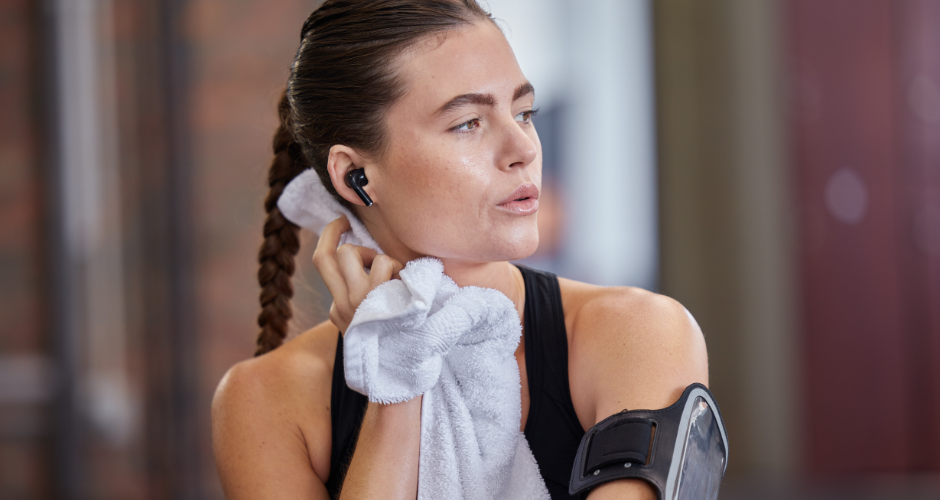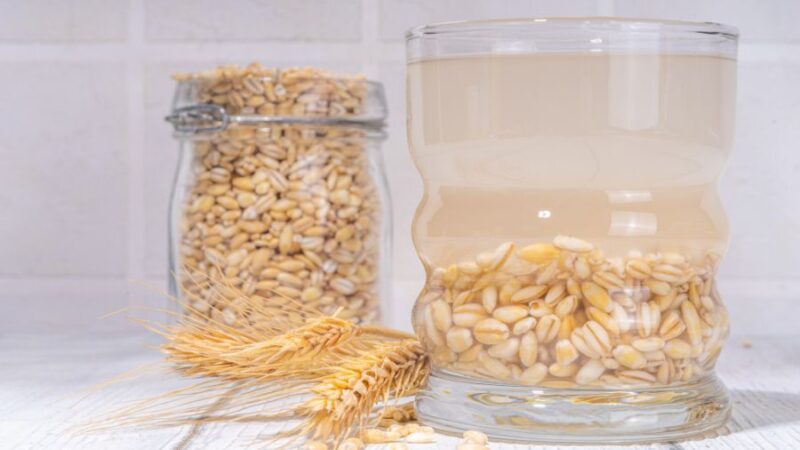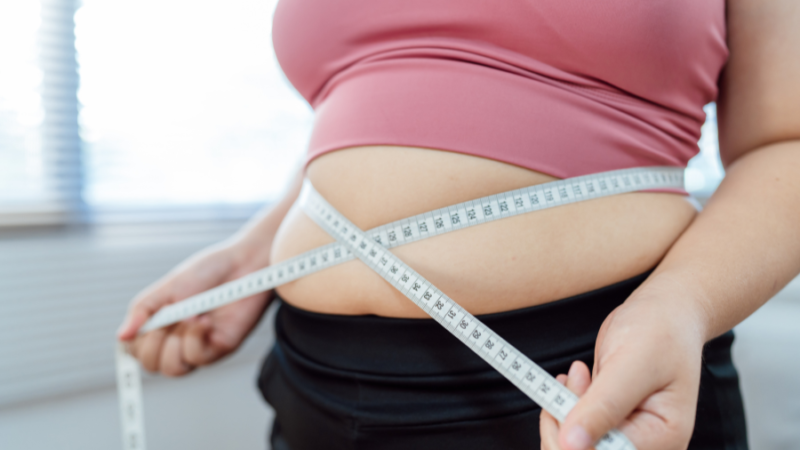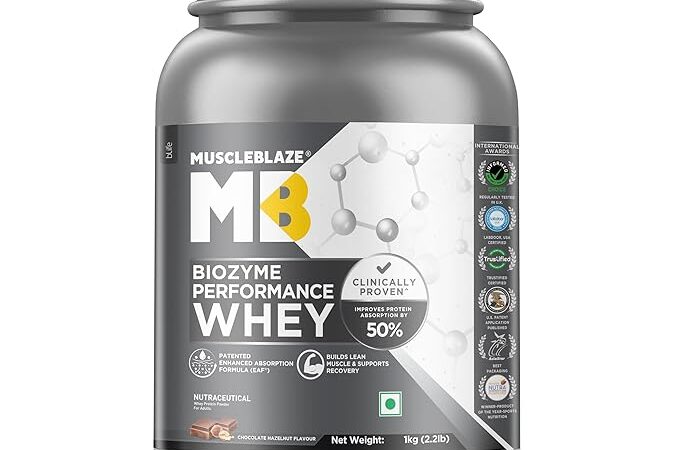Does Sweating Help You Lose Weight?

Sweating is one of the body’s natural responses to regulate temperature. Whether you’re working out, feeling nervous, or lounging in the summer sun, sweat is inevitable.
But does sweating help you lose weight? It’s a common belief that the more you sweat, the more weight you lose, but the reality is more complex.
Let’s explore the connection between sweating and weight loss, why some people sweat more than others, the benefits of sweating, and whether sweating burns calories.
Does Sweating Really Lead to Weight Loss?
The short answer is yes—but not in the way you might think. Sweating primarily causes water weight loss, not fat loss. When you sweat, your body releases fluids through the sweat glands. This loss of water can cause a temporary drop in your weight, but it’s quickly regained once you rehydrate.
Here’s the breakdown:
- Water Weight: Intense sweating may show a slight reduction on the scale, but this is simply because your body is losing water, not fat.
- Fat Burn: Losing fat requires creating a calorie deficit, which involves burning more calories than you consume. While sweating may accompany activities that burn calories, it’s not the sweating itself that causes fat loss.
So, while a sweat-drenched workout might make you feel like you’ve shed pounds, the true weight loss comes from the energy expended during the activity, not from the sweat.
Explore Is Diet More Effective For Weight Loss?
Do You Burn Calories When You Sweat?
Yes, sweating is associated with calorie burn, but indirectly. Sweating is a result of physical exertion, and it takes energy (calories) for your body to:
- Regulate Temperature: During exercise, your body generates heat, which triggers sweat production to cool you down. This process requires calories, though not a significant amount.
- Support Physical Activity: The activity causing you to sweat, such as running or cycling, is where the majority of calorie burning happens.
For example, a 150-pound person burns about 300 calories running at a moderate pace for 30 minutes, and sweating is merely a side effect of this calorie burn. The takeaway? Sweat signals effort, but it’s not the main driver of calorie expenditure.

Why Do Some People Sweat More Than Others?
The amount you sweat varies greatly among individuals and depends on several factors:
- Genetics: Your genes play a significant role in how active your sweat glands are. Some people naturally sweat more than others.
- Fitness Level: Paradoxically, fitter people tend to sweat more efficiently because their bodies are better at regulating temperature during exercise.
- Body Size: Larger individuals often sweat more because they have more body mass to cool down.
- Environment: Hot and humid conditions increase sweating as the body struggles to release heat.
- Hormones and Health: Hormonal changes (like menopause) and medical conditions (such as hyperhidrosis) can also affect sweating levels.
Learn here Top 5 Healthy Salad Recipes For Weight Loss
The Benefits of Sweating
Sweating isn’t just a cooling mechanism; it’s also beneficial for your overall health. Here’s how:
- Detoxification: Sweat helps flush out toxins like heavy metals and waste products through your skin.
- Skin Health: Sweating opens up pores, which can help clear dirt and oils, reducing acne and promoting a healthy glow.
- Stress Relief: Exercise-induced sweating releases endorphins, reducing stress and boosting your mood.
- Immune Boost: Research suggests that sweating during exercise may strengthen your immune system by improving circulation and promoting the release of certain antimicrobial peptides.
- Temperature Regulation: Without sweat, your body could overheat, leading to dangerous conditions like heatstroke.
Can You Sweat More to Lose Weight Faster?
While activities like sitting in a sauna or wearing sweat-inducing suits may help you sweat more, they’re not effective long-term weight loss strategies. Here’s why:
- Temporary Effects: Any weight lost is water weight and will return as soon as you hydrate.
- No Fat Burn: Sweating more doesn’t mean you’re burning more calories.
- Dehydration Risks: Excessive sweating without replenishing fluids can lead to dehydration, which negatively affects your health and performance.
Instead, focus on activities that combine calorie burn and sweat production, like cardio or strength training.
Tips for Maximizing Weight Loss Through Sweaty Workouts
- Stay Hydrated: Drink plenty of water before, during, and after exercise to replace lost fluids.
- Prioritize Intensity: Focus on high-intensity workouts that increase your heart rate and burn more calories.
- Mix It Up: Combine strength training with cardio for a balanced approach to fat loss.
- Track Progress: Use tools like fitness apps or heart rate monitors to measure effort rather than relying on sweat as an indicator.
- Listen to Your Body: If you’re sweating excessively or feeling lightheaded, take a break and hydrate.
The Bottom Line
Sweating is a natural and healthy process, but it’s not the key to weight loss. While sweating may lead to temporary water weight loss and signals physical exertion, true weight loss comes from burning calories and maintaining a healthy lifestyle. Embrace sweating as part of your fitness journey, but don’t sweat it too much—focus on the bigger picture of consistent exercise, balanced nutrition, and proper hydration for lasting results.
FAQs
Does sweating burn belly fat?
No, sweating does not specifically target belly fat or any specific area of the body. Fat loss occurs uniformly across the body as you create a calorie deficit through diet and exercise.
Do I lose more weight if I sweat more?
Not necessarily. Sweating more might mean you’re losing more water weight, but this is temporary and will be regained once you rehydrate. True weight loss comes from burning calories and reducing fat, not just sweating.
What is the 30/30/30 rule for weight loss?
The 30/30/30 rule involves exercising for 30 minutes, consuming 30 grams of protein, and ensuring this happens within 30 minutes after a workout. This approach is designed to boost metabolism, support muscle recovery, and encourage fat loss.
Does fat come out in sweat?
No, fat does not directly come out in sweat. When your body burns fat for energy, it breaks down fat molecules into carbon dioxide and water, which are expelled through breathing and bodily fluids. Sweat mainly consists of water, salts, and trace minerals, not fat.






